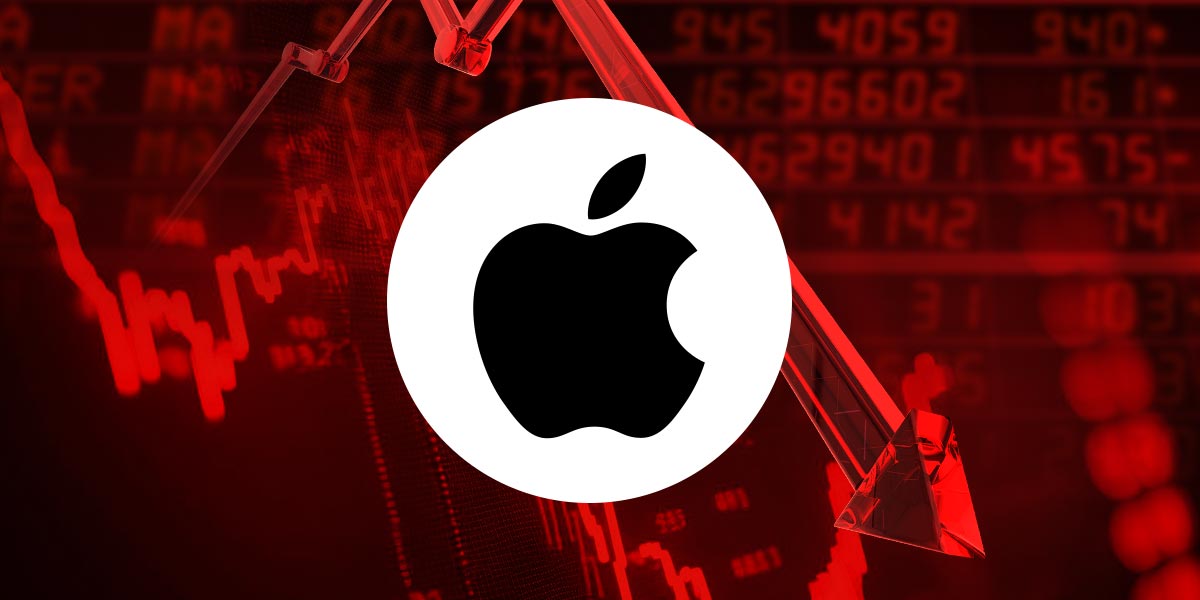In Monday’s stock market session, Apple bore the brunt of investor anxiety despite a somewhat improved overall market performance compared to the previous trading days.
The company’s shares declined 3.7%, exacerbating concerns tied to the potential impact of President Donald Trump’s tariff policies. This recent sell-off marks a staggering 19% decrease over three days, slashing Apple’s market capitalization by $638 billion.
Apple stands as one of the corporations most vulnerable to the trade tensions due to its substantial dependence on China, where tariffs are steep at 54%. Even though Apple has diversified its production into India, Vietnam, and Thailand, these nations are also caught in the crosshairs of Trump’s extensive tariff agenda.
Within the tech giants, Apple has endured the greatest turmoil. On Monday, it was among the trio of stocks, alongside Microsoft and Tesla, that suffered declines within a group of seven leading tech firms. Meanwhile, the Nasdaq showed a modest uptick following a brutal 10% drop the previous week—a performance not seen in over five years.
Analysts predict Apple faces tough choices: either hike prices or absorb further costs as the new tariffs take effect. UBS analysts project that a price increase could see Apple’s top-tier iPhone soar by approximately $350 from its $1,199 mark.
Barclays analyst Tim Long suggests price adjustments are likely, or Apple risks a potential 15% hit to its earnings per share. There is also speculation that Apple might rearrange its supply chain to source imports to the U.S. from countries with more favorable tariff conditions.





